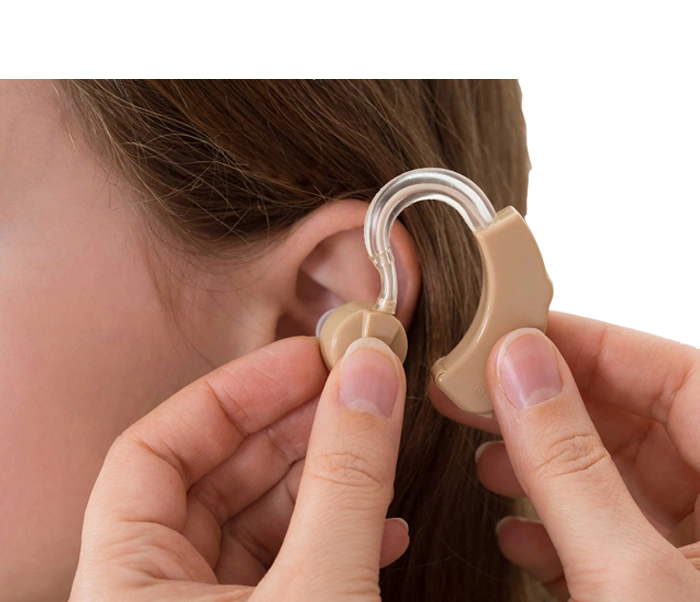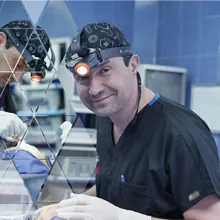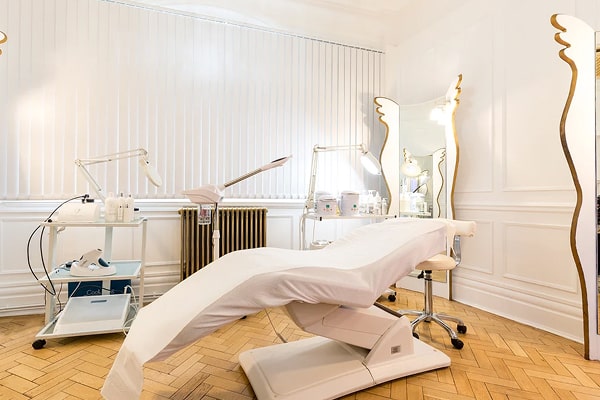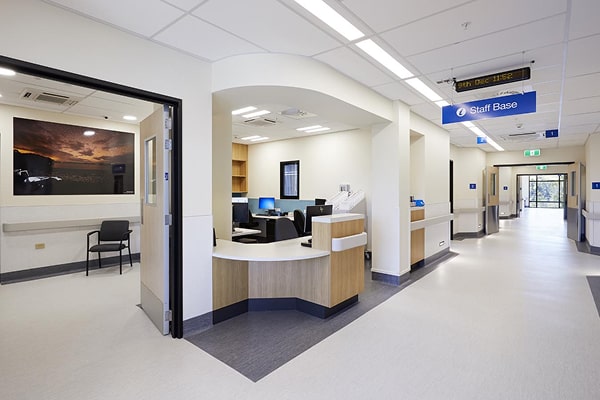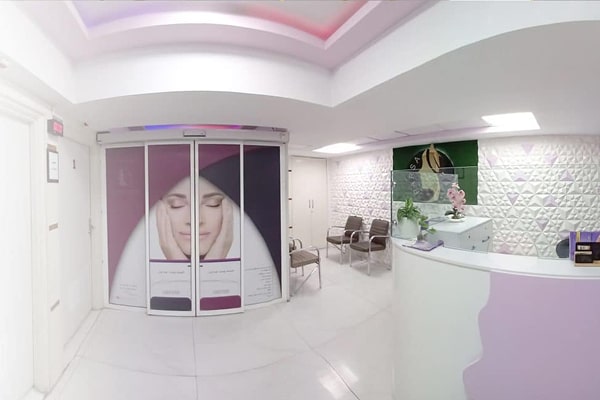Hearing Aid Adjustment and Fitting: A Solution for Improving Hearing Quality
Hearing aids are advanced medical and auditory devices that help individuals with hearing loss restore their hearing ability. However, in order for a hearing aid to perform optimally and for the user to benefit effectively from it, precise adjustment and fitting are essential. Adjusting a hearing aid is a complex process that must be carried out carefully, taking into account the individual conditions of each patient. This article thoroughly explores the process of hearing aid adjustment and fitting, its importance, and the various stages involved.
Importance of Hearing Aid Adjustment and Fitting
Hearing aids cannot automatically provide the best performance for every individual because each person’s hearing condition is different. Hearing aid adjustment and fitting involve modifying various parameters of the device to match the specific hearing needs of the individual. If the hearing aid settings are not done correctly, the person may not fully benefit from the device or may experience issues such as distorted sounds, pain, or discomfort. Therefore, precise fitting of the hearing aid significantly contributes to enhancing the hearing quality and the overall user experience.
Stages of Hearing Aid Adjustment and Fitting
- Initial Hearing Evaluation
The first step in the hearing aid adjustment process is a thorough evaluation of the individual’s hearing. This assessment is performed by an audiologist and includes various tests to determine the type and degree of hearing loss. These tests may include frequency tests, hearing tests in different environments, and evaluating hearing ability under specific conditions.
Common hearing tests include:
- Tonal Hearing Test: In this test, different sound frequencies are presented to the individual to measure their sensitivity to each frequency.
- Word Recognition Test: This test evaluates the individual’s ability to recognize words in noisy environments.
- Selecting the Right Hearing Aid
After the hearing evaluation, the audiologist selects the most appropriate hearing aid based on the type and severity of the patient’s hearing loss. This selection depends on factors such as age, hearing type, lifestyle, and personal preferences. Hearing aids come in various types, including behind-the-ear, in-the-ear, and small, invisible hearing aids. The correct selection of hearing aid type greatly influences the final result. - Initial Hearing Aid Settings
Once the hearing aid is chosen, the initial adjustment phase begins. The audiologist uses advanced software and specialized tools to perform the first adjustments based on the data obtained from the hearing evaluation. These settings include:
- Volume and Sound Intensity Adjustment: To ensure the individual hears sounds at an appropriate level.
- Frequency Filters Adjustment: To reduce unwanted or disturbing sounds, such as noise.
- Sound Detection and Amplification Adjustment in Different Environments: To match the hearing needs in specific conditions, such as noisy or quiet settings.
- Testing in Real-World Environments
After the initial adjustments, the patient should test the hearing aid in various real-world environments. This step is crucial because many patients may require additional adjustments that are only evident in real-life situations. The individual may meet with the audiologist and test the hearing aid in different environments, including noisy or quiet settings, to ensure optimal settings. - Re-adjustment and Follow-up Care
Over time and with continuous use of the hearing aid, re-adjustments may be necessary. Changes in the individual’s hearing status, whether improvements or deterioration, or even changes in their living environment, can necessitate re-adjustment of the hearing aid. Therefore, periodic visits to the audiologist for re-adjustment and ensuring proper device function are essential. - Patient Education
Educating the patient on how to use and maintain the hearing aid is an important part of the adjustment and fitting process. The audiologist teaches the patient how to adjust the volume, use the hearing aid correctly in various conditions, and methods for cleaning and maintaining the device. These educational sessions help the patient get the best experience from using the hearing aid and extend the device’s lifespan.
Challenges and Potential Issues in Hearing Aid Adjustment
- Inadequate Response in Different Environments: Some individuals may struggle in noisy environments, even if the hearing aid is well-adjusted. This issue could be due to the person’s sensitivity to background sounds.
- Sensitivity to Unnatural Sounds: In some cases, individuals may be bothered by sounds caused by feedback or tinnitus.
- Incorrect Hearing Aid Selection: An incorrect hearing aid choice may lead to dissatisfaction, even if the adjustments are done correctly.
- Imprecise Matching with Hearing Needs: In some cases, the initial settings may require further correction and re-adjustment to achieve a perfect fit.
Conclusion
Hearing aid adjustment and fitting is a complex and specialized process that requires high accuracy and audiological expertise. This process includes precise hearing evaluation, selecting the right hearing aid, performing initial adjustments, and conducting real-world testing. With precise adjustment, patients can have a better hearing experience and fully benefit from the device’s capabilities. Therefore, regular follow-up visits and re-adjustment of the hearing aid are crucial for ensuring its optimal performance.
Individuals with hearing problems should be aware that precise adjustment and fitting of the hearing aid will significantly help them in hearing sounds more effectively and improve their quality of life. By choosing a reputable and specialized treatment center for this process, they can achieve the best results in returning to the world of sound.

